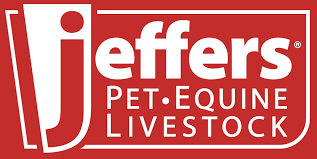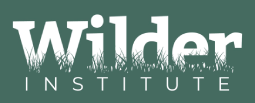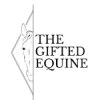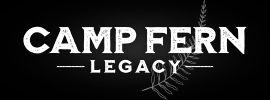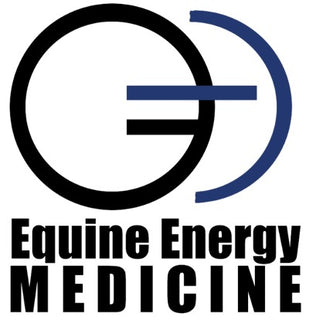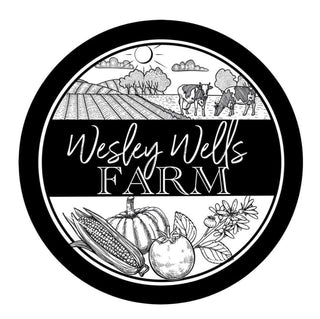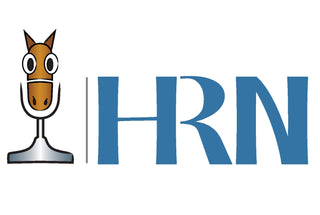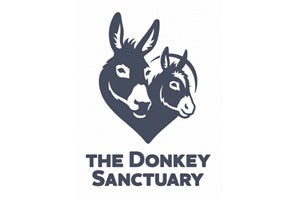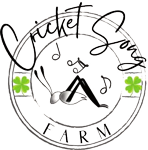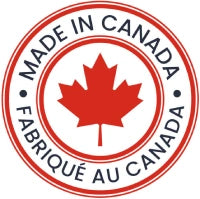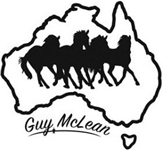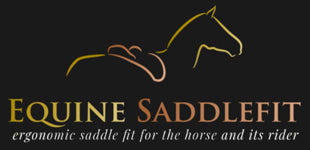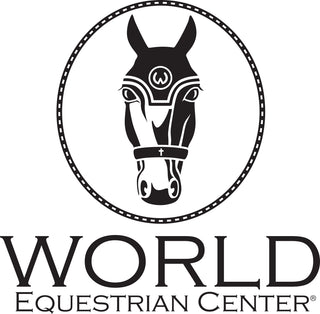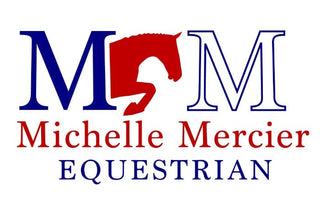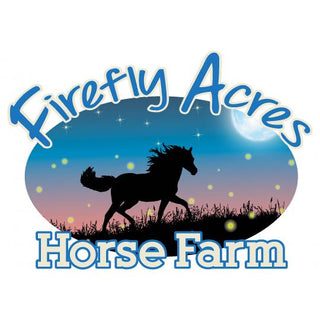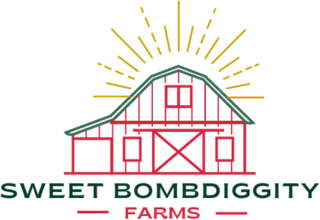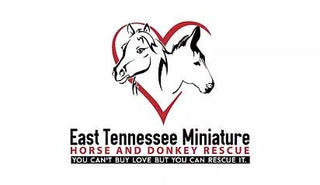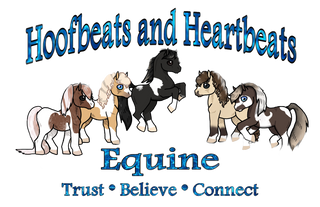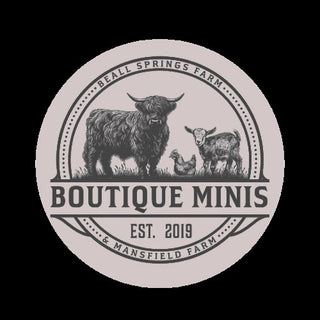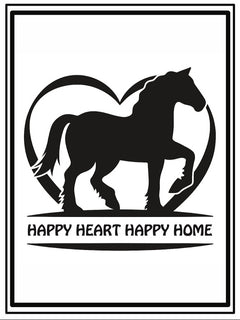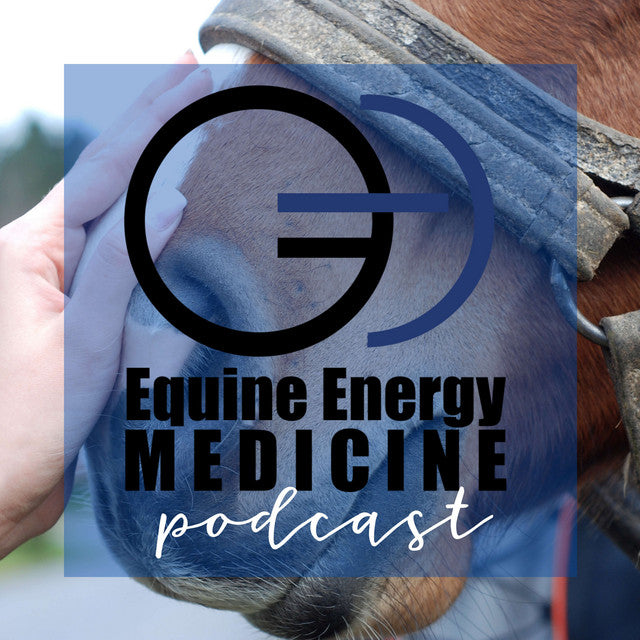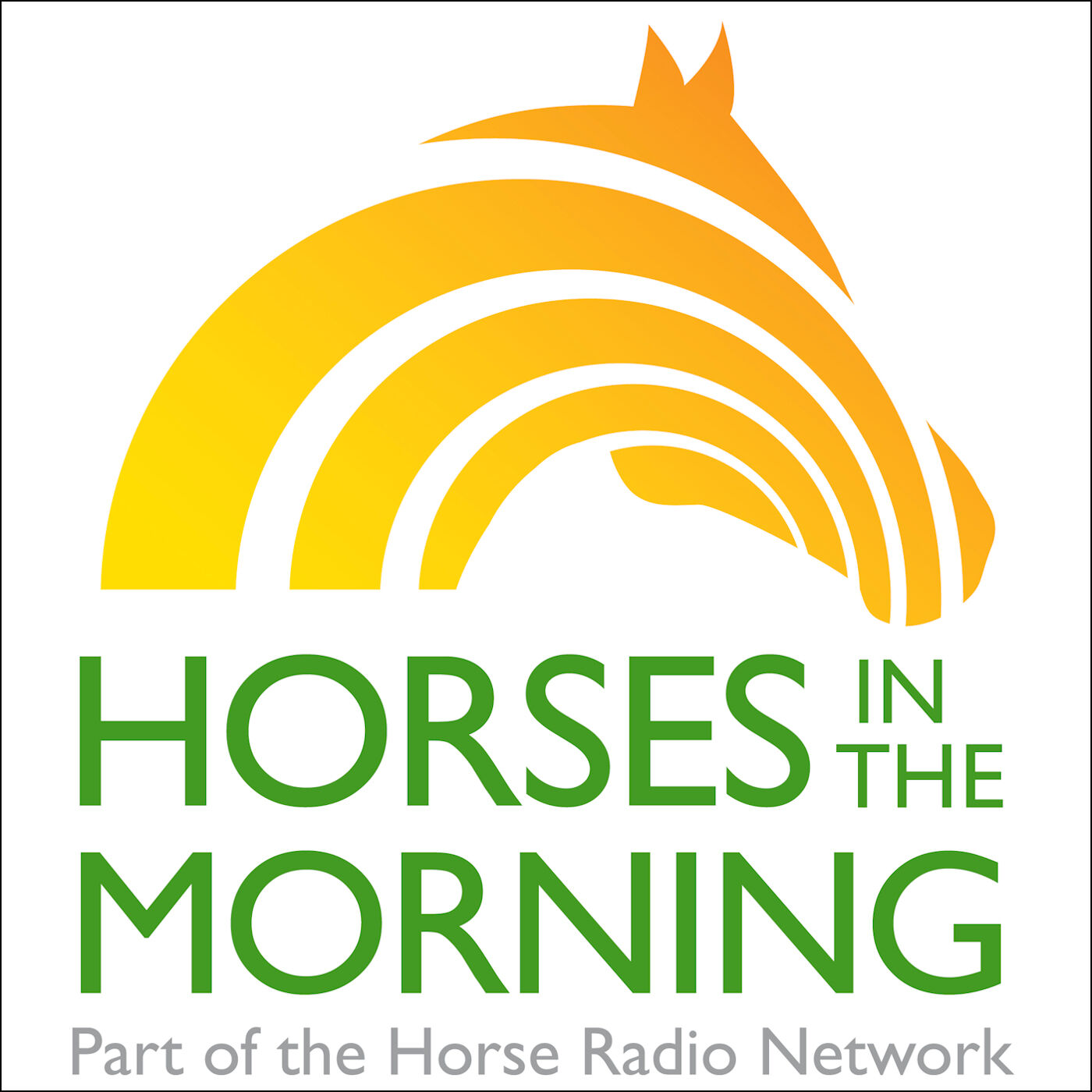Horses are majestic animals with unique dietary needs that are crucial for their health and performance. Whether you're a new horse owner, a seasoned rider, or just curious, understanding can horses eat various foods is vital. Feeding a horse the right diet helps maintain its energy, digestive health, and overall well-being. In this guide, we’ll explore the types of what does horses eat, the foods that horses can eat safely, and what to avoid to keep your equine friend happy and healthy.
Knowing what does horses eat in their natural environment and what is suitable as supplementary feed will give you confidence in managing your horse’s nutrition. This article will cover all essential aspects — from basic hay and grains to fruits and vegetables — and highlight common misconceptions about horse diets.
Understanding the Basics: What Do Horses Eat Naturally?
Horses are herbivores with a digestive system designed for a high-fiber, forage-based diet. In the wild, horses graze for 16 to 18 hours daily, eating mainly grasses and some shrubs. Their stomachs are relatively small compared to their body size, so they consume small amounts frequently.
Primary food horses eat in nature:
-
Grasses: The most natural and abundant food source.
-
Legumes: Such as clover and alfalfa, which provide protein.
-
Shrubs and leaves: Occasionally consumed, adding variety.
These natural forages are high in fiber and low in sugars and starches, which suits their digestive system and prevents issues like colic or laminitis.

What Can Horse Eat Beyond Forage?
While forage forms the foundation of a horse’s diet, many owners supplement with grains, concentrates, and treats. Understanding can horses eat certain foods safely is important to avoid digestive upsets.
Common supplementary foods include:
-
Hay: Dried grass or legumes, essential when fresh pasture isn’t available.
-
Grains: Oats, barley, and corn, which provide concentrated energy.
-
Pelleted feeds: Commercially formulated for balanced nutrition.
-
Fruits and vegetables: As occasional treats, adding variety and vitamins.
Horses can safely eat many fruits and vegetables, but not all. Knowing which ones are suitable is critical.
Can Horses Eat Fruits and Vegetables?
Many horse owners enjoy giving fruits and vegetables as treats. But questions like can a horse eat apples, carrots, or bananas safely arise often.
Horses can eat:
-
Apples (without seeds)
-
Carrots
-
Bananas (in moderation)
-
Pears (without seeds)
-
Watermelon (rind and flesh)
These foods provide extra vitamins and fiber and can be a tasty reward.
However, some fruits and vegetables can be harmful or toxic:
-
Onions and garlic
-
Potatoes and tomato leaves
-
Avocado (toxic to horses)
-
Fruit seeds and pits (contain cyanide)
Properly preparing fruits and removing seeds or pits is necessary before feeding.
Feeding your horse the right balance of forage and supplements is essential for health. Understanding horses eat what and how their diet affects them can prevent many common health issues.
The Importance of Balanced Nutrition for Horses
Providing your horse with a well-rounded diet is not just about filling their stomach; it directly impacts their energy, coat condition, muscle tone, and overall health. Since horses have sensitive digestive systems, feeding the wrong foods or improper portions can lead to colic, laminitis, or other serious conditions.
What do horses eat to stay healthy?
-
Fiber: Essential for proper digestion and gut health. Horses get fiber mainly from hay and pasture.
-
Carbohydrates: Found in grains and some forages, carbs provide energy but should be given carefully to avoid sugar overload.
-
Proteins: Needed for muscle development and repair. Legume hays like alfalfa provide higher protein content.
-
Fats: A concentrated energy source often included in commercial feeds or added oils.
-
Vitamins and minerals: Vital for immune function and bone strength; usually supplemented through mineral blocks or balanced feeds.
Each horse’s dietary needs can vary based on age, workload, health status, and environment. For example, a performance horse requires more calories and protein than a pasture companion horse.

Common Foods Horses Eat: Safe Options and Feeding Tips
Understanding what horses eat helps guide safe feeding practices. Here’s a breakdown of common horse foods and considerations:
Hay and pasture
Hay is the most important feed when fresh grass isn’t available. It’s essential to provide good-quality hay that is free from mold and dust. Grass hay is typically lower in calories, while legume hay (like alfalfa) offers more protein and calcium.
Pasture grazing remains the ideal diet when available, but be cautious of the pasture quality and avoid overgrazing, which can harm both the grass and your horse.
Grains and concentrates
Oats, barley, and corn are popular grains fed to horses needing extra energy. These should be fed in moderation since excess starch can upset the horse’s digestive balance. Commercial concentrates are often fortified with vitamins and minerals for a balanced meal.
Fruits and vegetables
As covered earlier, fruits like apples, pears (without seeds), and bananas are generally safe in moderation. Vegetables such as carrots and cucumbers are also popular treats. Always introduce new foods slowly to observe any adverse reactions.

What can horse eat that should be avoided?
Not all foods are safe for horses. Some common foods are toxic or harmful:
-
Chocolate and caffeine: Toxic substances that can cause serious problems.
-
Avocado: Contains persin, harmful to horses.
-
Potatoes: Especially raw or green parts.
-
Onions and garlic: Can cause blood disorders.
-
Rhubarb leaves and tomato plants: Contain toxic compounds.
Never feed spoiled or moldy hay or food, as this can lead to colic or respiratory issues.
Feeding your horse a diet aligned with its natural digestive system ensures vitality and longevity. To keep your horse thriving, always monitor its body condition and adjust feed accordingly.
Special Considerations: Feeding Horses with Specific Needs
Not all horses have the same dietary requirements. Age, activity level, health issues, and even breed can affect what horses eat best. Tailoring a horse’s diet to its individual needs ensures optimal health.
Feeding young horses and foals
Foals require a diet rich in proteins, vitamins, and minerals to support growth. Initially, they rely on their mother’s milk, but as they wean, they gradually consume forage and specially formulated feeds that support bone and muscle development.
Senior horses
Older horses often have dental issues that make chewing tough, so softer feeds like soaked hay cubes or pelleted feeds are better. Senior horses may also benefit from added supplements for joint health and digestion.
Performance horses
Athletic horses need more calories, protein, and electrolytes. Their diets include high-quality forage, grains, and often fat supplements like vegetable oils. Careful balancing prevents overfeeding starches, which can cause digestive upset.
Horses with health conditions
Some horses have metabolic disorders such as insulin resistance or Cushings disease. These horses require low-sugar, high-fiber diets to maintain stable blood sugar levels.
Understanding Treats and Snacks: Can Horses Eat Sweets?
Many horse owners love rewarding their animals with treats, but it’s important to choose wisely. Treats should never replace balanced meals but can be used for training or bonding.
Safe treat options include:
-
Carrots
-
Apples (without seeds)
-
Peppermints made specifically for horses
-
Small amounts of commercial horse treats
Avoid sugary human snacks or processed foods. Excess sugar can lead to weight gain and metabolic issues.
Monitoring Horse Feeding Habits and Behavior
Knowing horses eat what and watching their feeding behavior helps detect early signs of illness or discomfort.
Signs to watch for:
-
Refusing food or treats
-
Excessive chewing or dropping feed
-
Weight loss or gain
-
Signs of colic like rolling or pawing
Regularly checking your horse’s body condition score and consulting with a vet or equine nutritionist ensures that the feeding program meets your horse’s needs.

Feeding horses is not just about food quantity but quality and appropriateness. By understanding can horses eat various items and observing their health, you contribute to their happiness and longevity.
Conclusion: What Can Horses Eat for Optimal Health?
Feeding horses the right diet is essential to their health, energy, and well-being. Understanding that horses can eat a variety of foods—from natural forage and hay to safe fruits and vegetables—helps you provide a balanced and nutritious regimen. While horses thrive on fiber-rich grasses and legumes, careful supplementation with grains and treats can support their specific needs.
Avoiding toxic foods like avocado, onions, and fruit seeds is equally important. Always introduce new foods gradually and observe your horse’s response. Tailoring the diet to age, workload, and health conditions ensures your horse stays happy and healthy.
By combining knowledge of what does horses eat naturally with safe feeding practices, you’ll be well-equipped to care for your equine companion.
What Can Horses Eat Q&A
Can horses eat raw pears?
Yes, horses can eat raw pears but only the flesh. Avoid the seeds, as they contain harmful substances.
Is there any fruit that horses can't eat?
Yes, fruits like avocado and unripe or moldy fruits should be avoided due to toxicity.
Are pear seeds toxic to horses?
Yes, pear seeds contain cyanogenic compounds and should never be fed to horses.
What fruit is good for horses?
Apples, pears (seedless), and bananas are safe and nutritious treats for horses.








